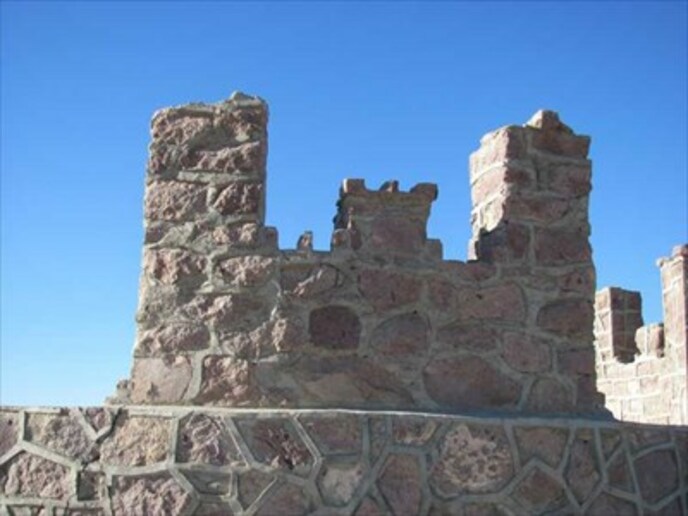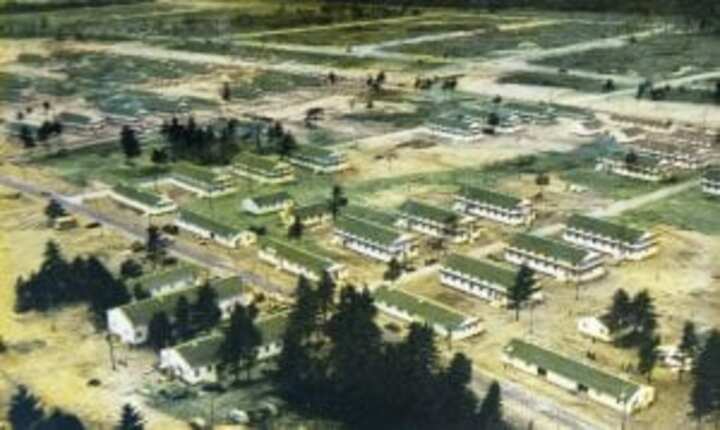During WW2 when Dad was farming there wasn't a lot of part time workers. Today stores like lows, and Home Depot have at least 15 people standing
around looking for work. Dad would get workers from the military. Where we live on the west coast there were a lot of military bases, I don't know
how the contacts were made. He said most young boys were from farms, from the mid west, and were good workers. Back east some people used
German prisoners of war for labors. Do any of you recall people using them? Stan
around looking for work. Dad would get workers from the military. Where we live on the west coast there were a lot of military bases, I don't know
how the contacts were made. He said most young boys were from farms, from the mid west, and were good workers. Back east some people used
German prisoners of war for labors. Do any of you recall people using them? Stan



